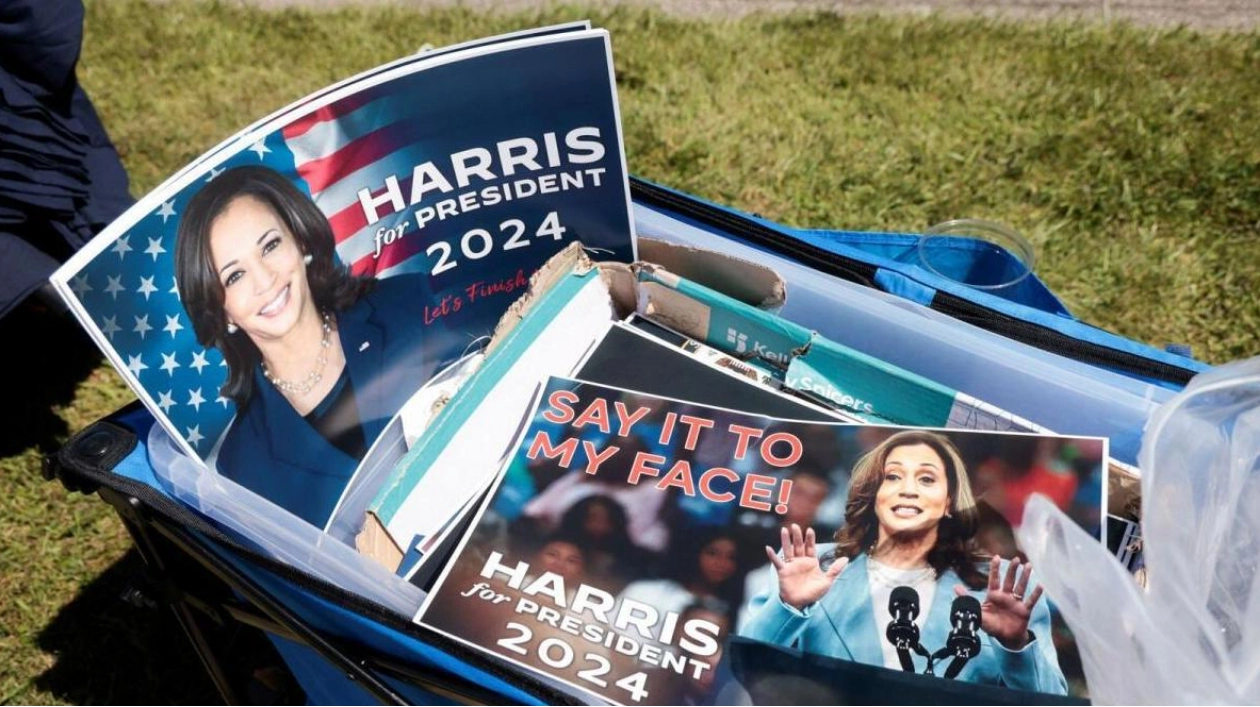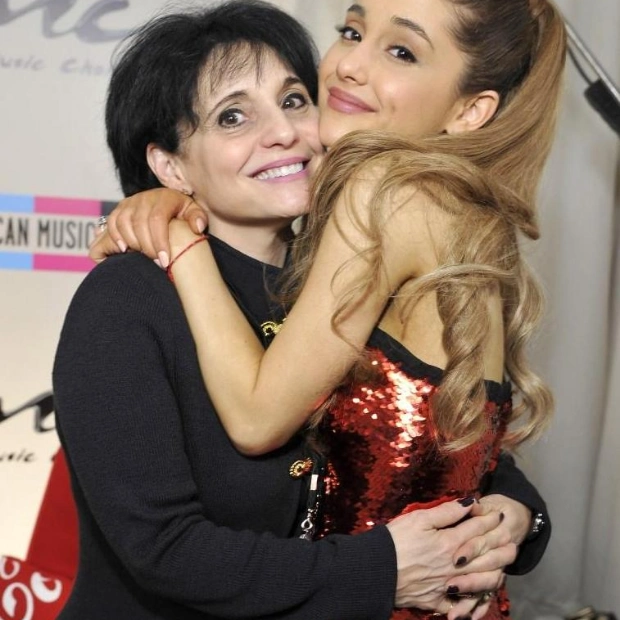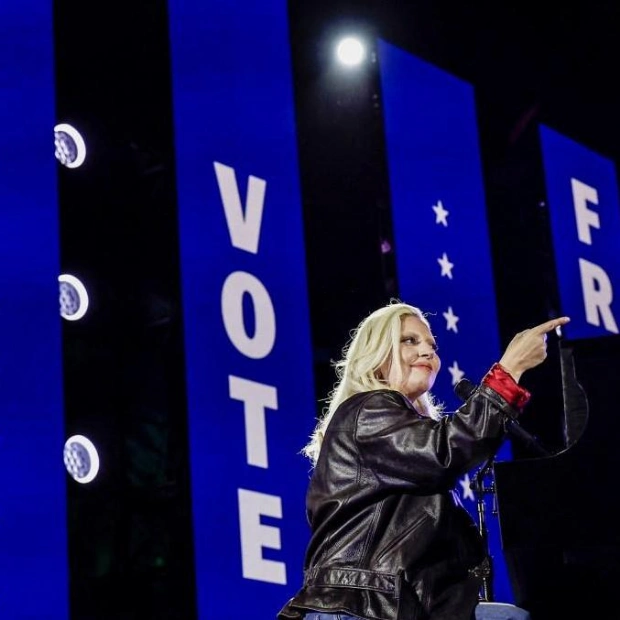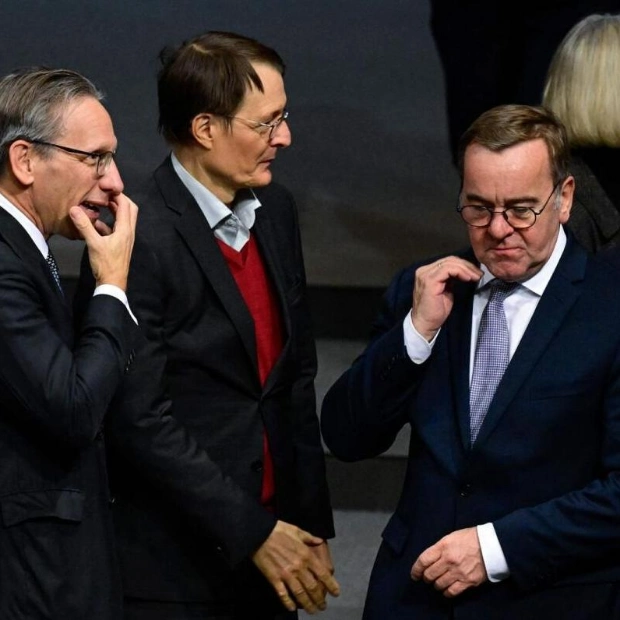The advertising budgets for the US presidential election this year are skyrocketing, but it remains uncertain how effectively they influence voter opinions. Ad analyst MediaRadar CMAG estimates that approximately $1.2 billion will be allocated to ads for the presidential race alone, out of a total of $12 billion for congressional and other races on November 5. This latter figure is nearly triple the amount spent in the 2016 election, and the upward trend extends even further back.
"The most significant change occurred during Obama's 2008 campaign," said Mike Franz, co-director of the Wesleyan Media Project, which studies political ads. Prior to that, candidates frequently relied on government funding for their campaigns, subject to strict spending limits. However, Obama recognized the potential to raise substantially more funds through the emerging internet opportunities of the time, according to Franz. "The internet has revolutionized the ease of donating money to political candidates... it's incredibly simple now," compared to 20 or 30 years ago, said Zachary Peskowitz, a political science professor at Emory University.
In 2010, the Supreme Court lifted restrictions on spending by non-party groups, leading to the emergence of "super PACs" that can raise hundreds of millions of dollars for candidates, thereby escalating political advertising. Yet, "political scientists are always curious about how much of this spending truly matters," Franz noted. "Given the tight race in terms of the popular vote in some key battleground states, the money likely plays a significant role. But nobody really knows the extent." "I think the safest bet is to spend as much as possible," Franz added, describing the situation as "an arms race" between the two sides.
Despite Obama's revolution in internet fundraising, traditional television continues to attract a substantial portion of ad money—more than half of the total. This is true even as over half of Americans no longer subscribe to cable television, with streaming services gaining popularity. "You're aiming to reach the most reliable voters. Reliable voters tend to be older, either elderly or middle-aged, and they watch broadcast or cable," said Geoff Pereira of MediaRadar CMAG. According to Emarketer, Google and Facebook owner Meta, which together account for just under half of all online advertising revenue, make up only about nine percent of campaign ad budgets for the 2024 election. People may be skeptical of online ads, "and as a result, campaigns may not fully commit to these new technologies," said Franz.
Research indicates that ads promoting a candidate can indeed influence voters, albeit modestly. "Common theories about what makes advertising persuasive have limited... power to predict persuasiveness," according to a February article in the American Political Science Review. Beyond a certain point, "extra dollars achieve something small that could matter in a close election, but you're reaching diminishing returns," said political scientist David Broockman of the University of California, Berkeley. However, if one side ceased advertising, "then the side still advertising would likely perform much better, as their attacks go unanswered," he added.
The dramatic twists and turns of the 2024 campaign have fueled a surge in advertising, particularly as Kamala Harris replaced President Joe Biden as the Democratic nominee just four months before Election Day. Harris needs "to spend a significant amount and advertise more to share her story and make voters aware of her and her positions," said Peskowitz. "Meanwhile, the Trump campaign has the opportunity to use advertisements to negatively define her," he added. Democrats outspent Trump on ads in 2016 and 2020, and are expected to do so again this year, according to MediaRadar CMAG. The Republican's campaign is projected to spend $500 million, compared to $700 million for the Democrats. "His strategy is to allocate his funds elsewhere" such as boosting turnout, said Pereira. This spending is not accounted for in the same way as ad expenditures. "There are other ways to win elections," he concluded.






